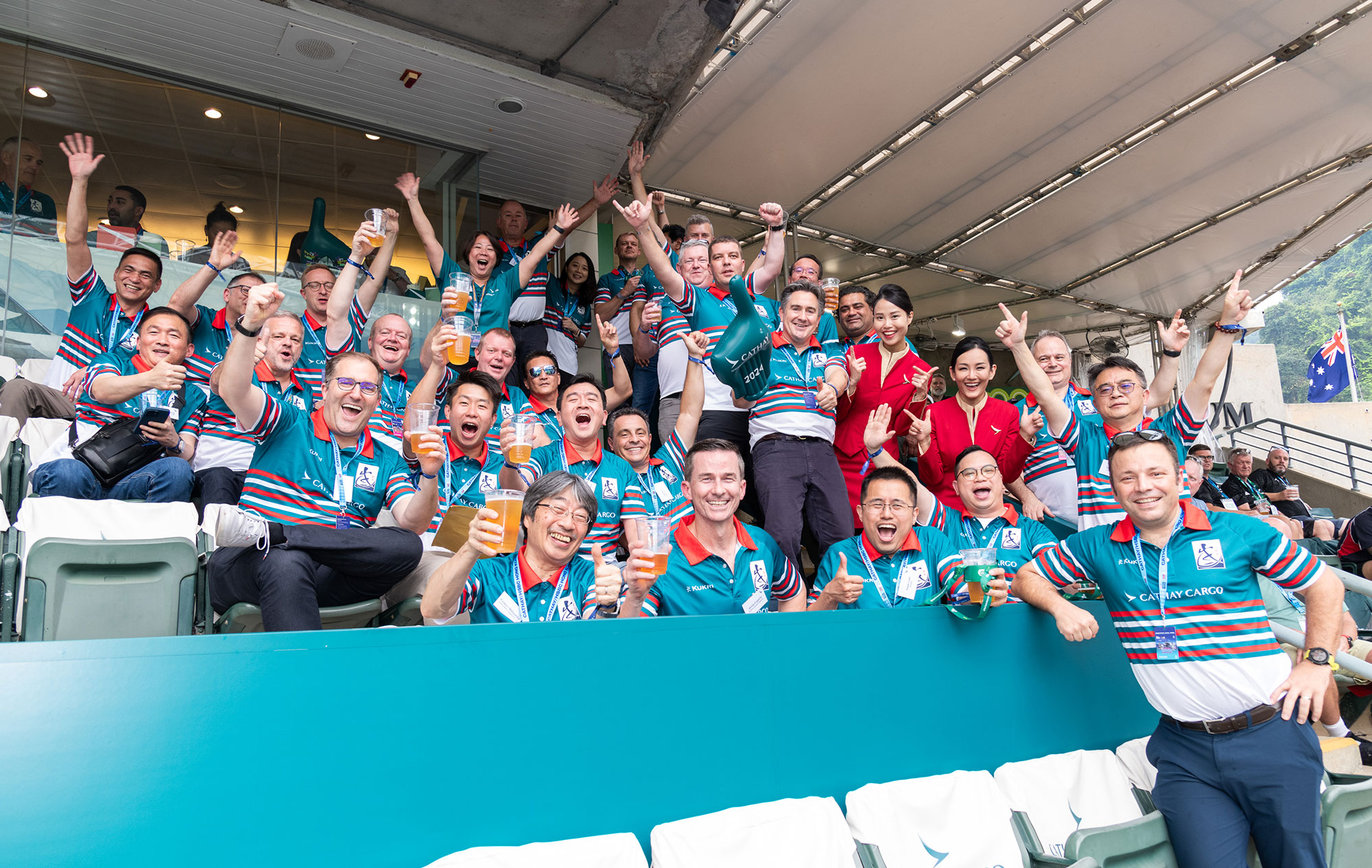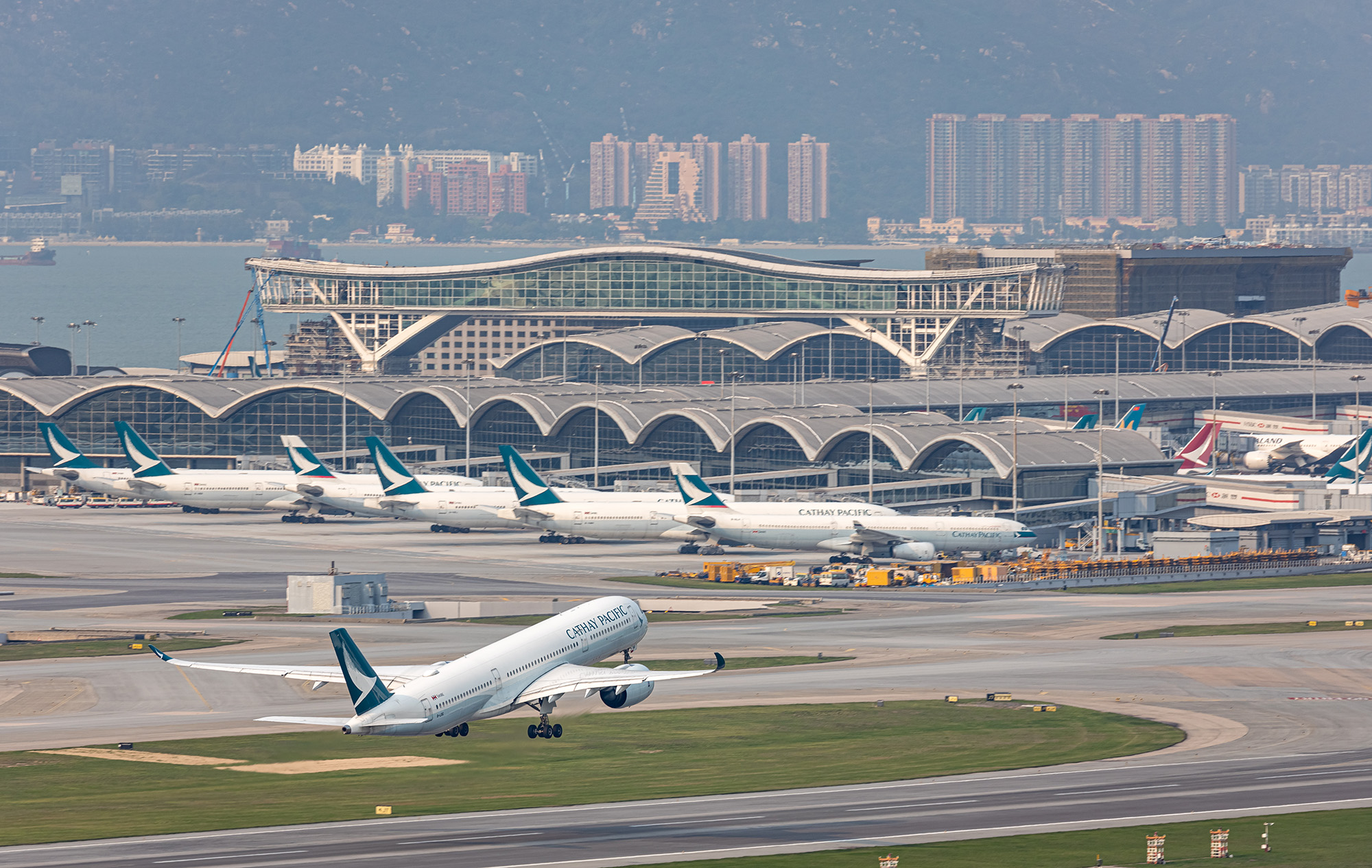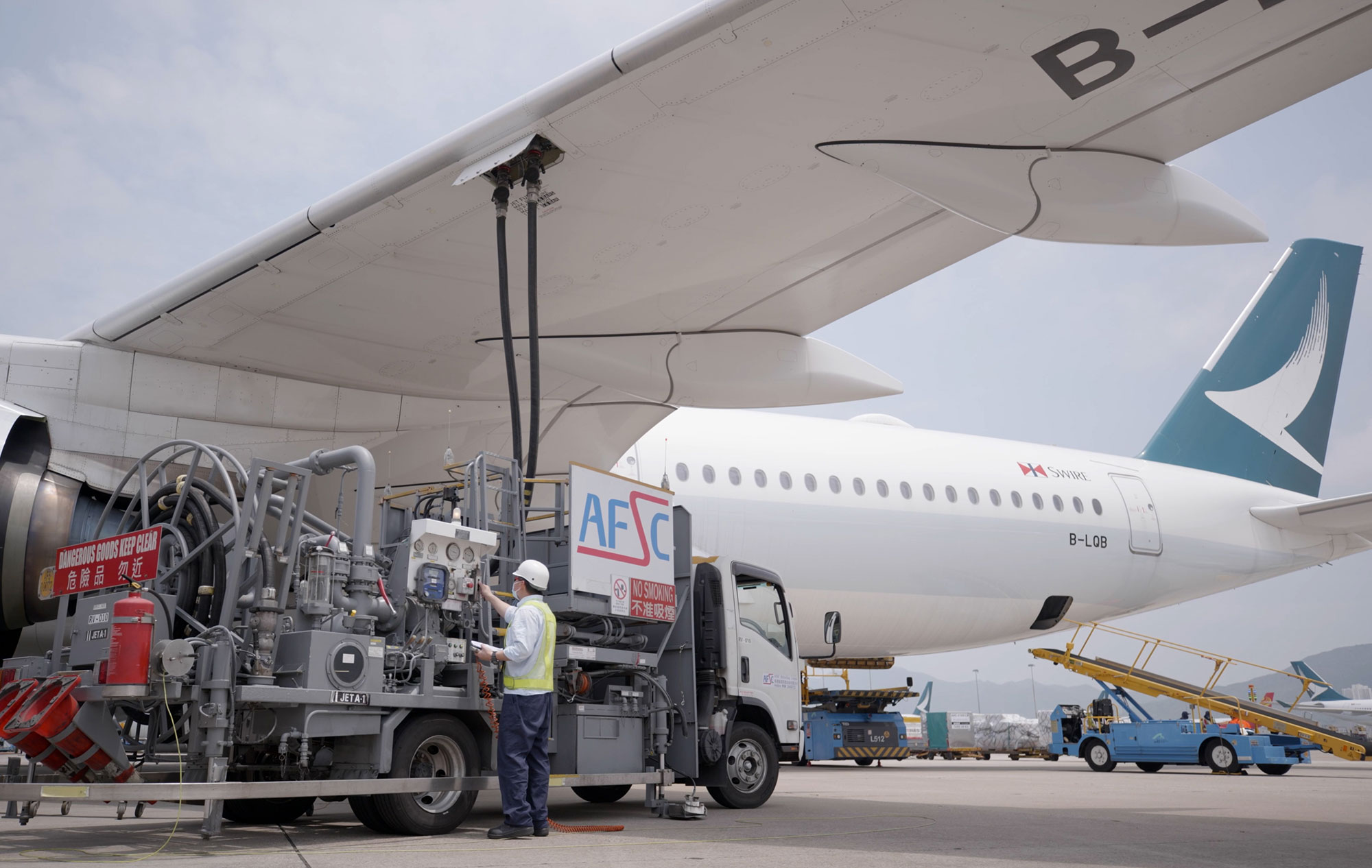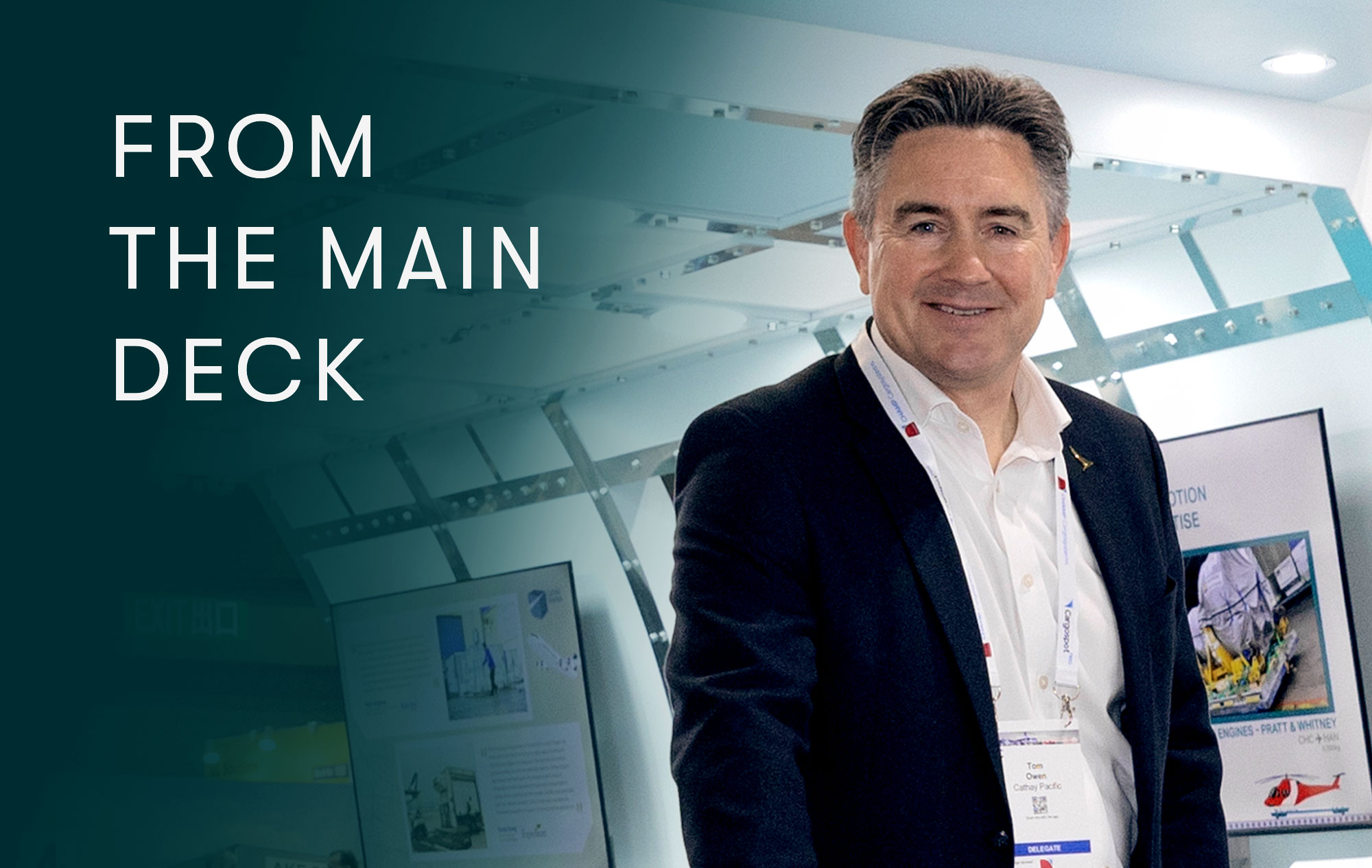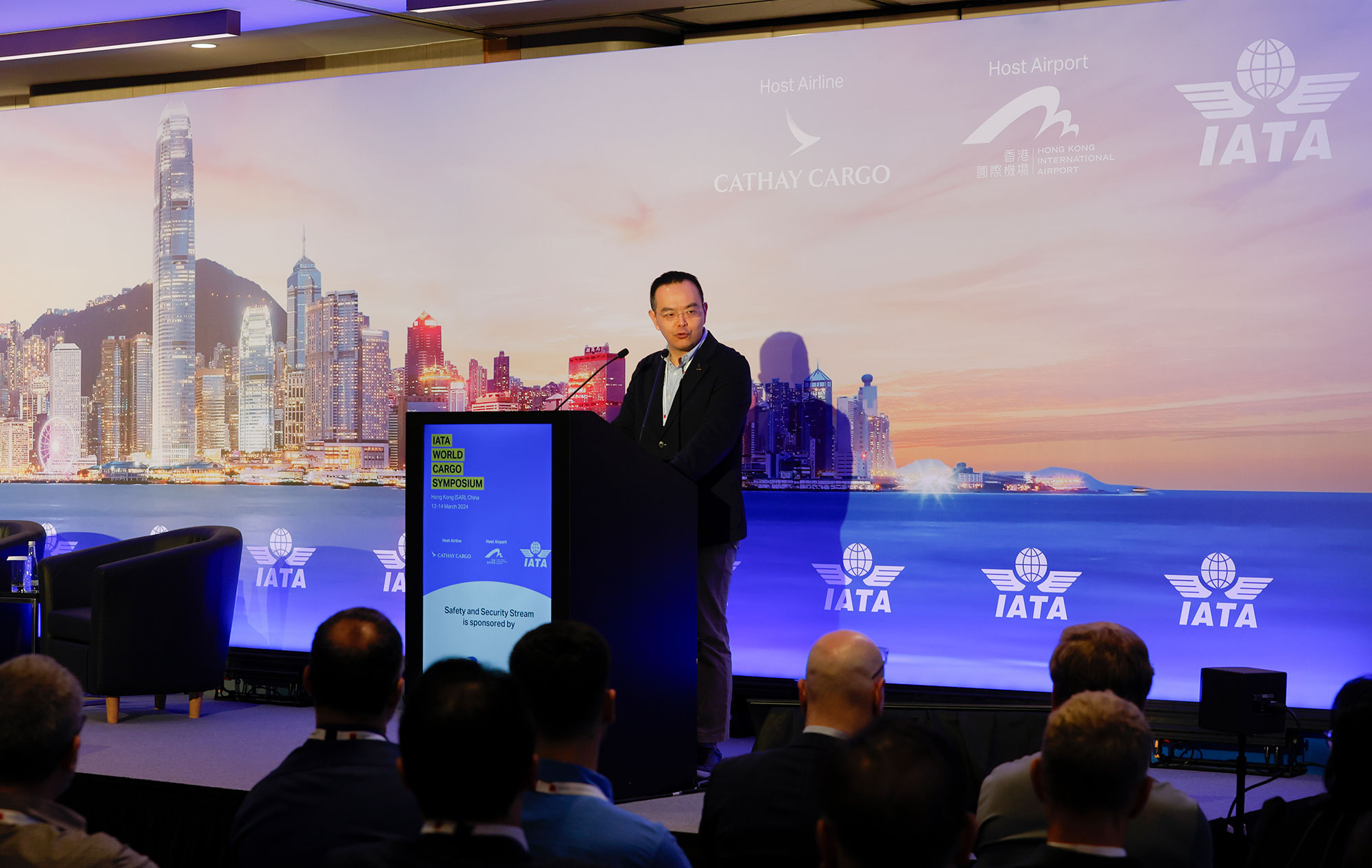Tell me a bit about yourself.
I have been in this industry now for nearly 30 years, and I have worked in several different organisations. I’ve been with DSV for seven years, including the time I spent with UTi. DSV acquired UTi in 2016, which was when I became part of DSV. I was fortunate enough to be given the opportunity by the DSV management to lead the organisation in the Indian subcontinent.
When I started out in 1990, I was a young bloke out of college looking for a sales and marketing job, to match my postgraduate course. I got a job at a freight forwarding company, and the rest is history. I spent most of my career in sales and marketing functions, but then moved into general management 10 to 15 years ago.
What do you like most about the job?
I like how the world is structured today. It is less about organisations competing against other organisations, but more about their supply chains competing against other supply chains. What I love is achieving the ambitions of large companies in terms of creating efficient supply chains, and being part of that process. The job comes with challenges and uncertainties, but when we help organisations be successful and gain market share with the solutions we create, it’s a real adrenaline rush.
What have been the biggest industry changes over your career?
When I joined this industry nobody knew what I did or what the forwarding industry was. Today, it is an integral part of any organisation. That’s a big change. Now universities offer supply chain and logistics as subjects, which is so refreshing to see. A lot of youngsters today are interested in the industry through a formal educative process and can choose it as a career rather than entering by default as I did.
What are your main shipments/flows?
We work across a number of industry verticals, but the main ones are fashion and retail, pharmaceutical and chemicals, and automotive.
India and the subcontinent are huge sourcing hubs for garments. Think of a label and they will source from this side of the world. Primarily, readymade garments go straight to stores or distribution centres, but there are also a lot of textiles and accessories that go to the manufacturers. A lot of it is just-in-time transport because the cost of maintaining inventory is very high.
Pharma is largely about exports. It could be formulations, generic drugs, or temperature controlled shipments. India is a very big market because of the quality of the products that we manufacture. A lot of it goes to North America, but also to Europe, Africa, the CIS countries, and Latin America.
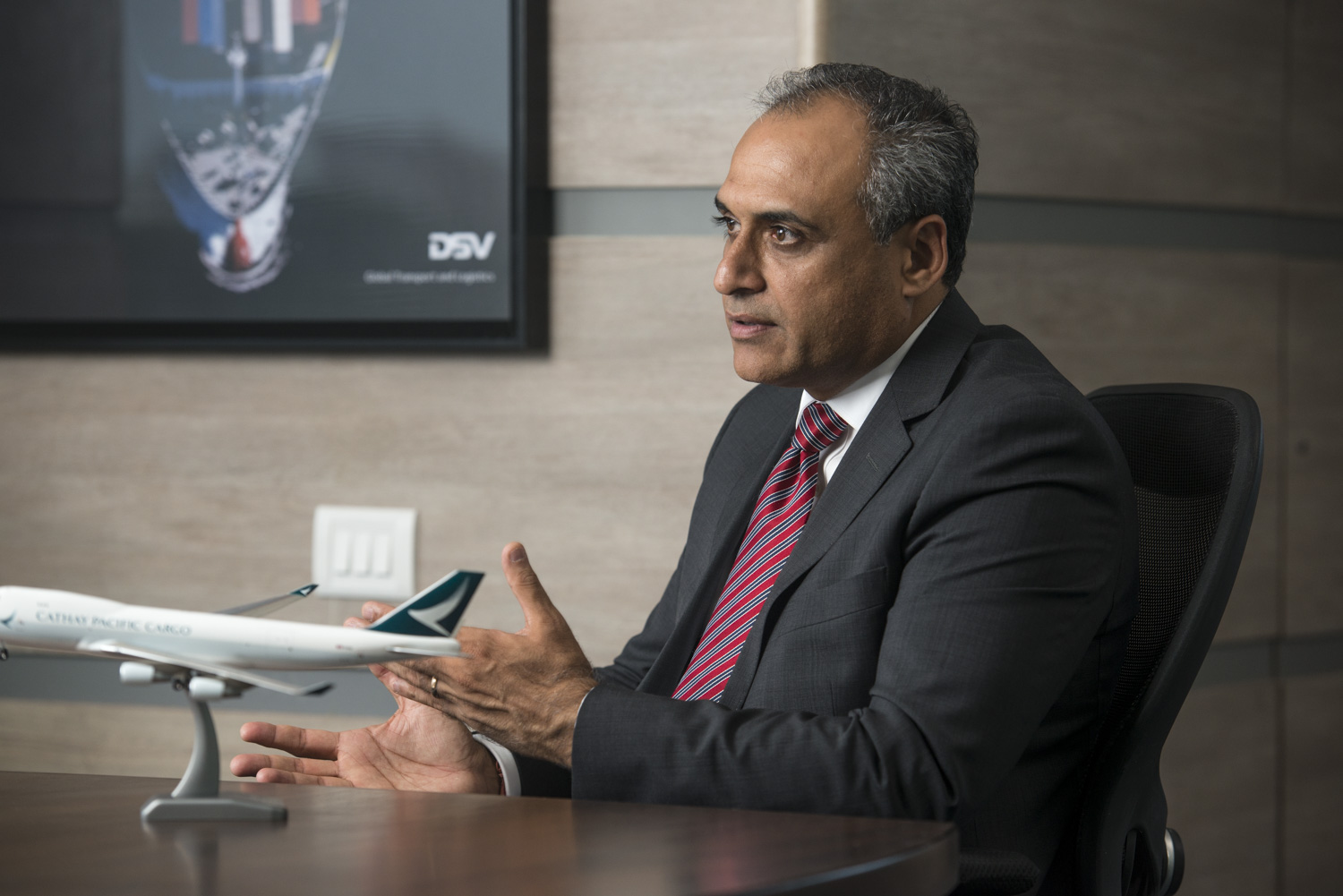
What are the challenges?
Some of the challenges are geographically specific. Here in India, infrastructure, which is integral for smooth logistical operations, is one of them. Of course, there are a lot of improvements taking place, but compared to some developed countries, we are still playing catch up.
Globally, I think stability in the business environment is a challenge just now, without naming any names… It makes it hard when we are forecasting.
Another challenge is attracting young talent. Even though our educational institutes have started recognising us as an industry, we do have challenges right now. As a company we are trying to improve in this area. Globally, we do that with management trainees, and in India we now go to the top graduate colleges to attract talent.
Opportunities?
I think that with the global economy sort of synergising and aligning there are huge opportunities for a supply chain company.
If you look at the pharmaceutical industry, the biggest pain is the stability of the supply chain in a cool environment. There is a big opportunity for companies like ours, with airlines like Cathay Pacific, to try and create a model that brings confidence and stability to the industry. It requires maintaining the temperature and the quality of the products throughout the supply chain and keeping to timelines.
How do you keep in touch with the needs of the market locally?
We have different channels to fulfil our sales and marketing needs. We focus a lot on the SME segment of the business, and that is done really through our local sales teams who cold-call to extract leads or opportunities. We also have specific teams that work with the large Indian corporate companies, as well as the multinationals.
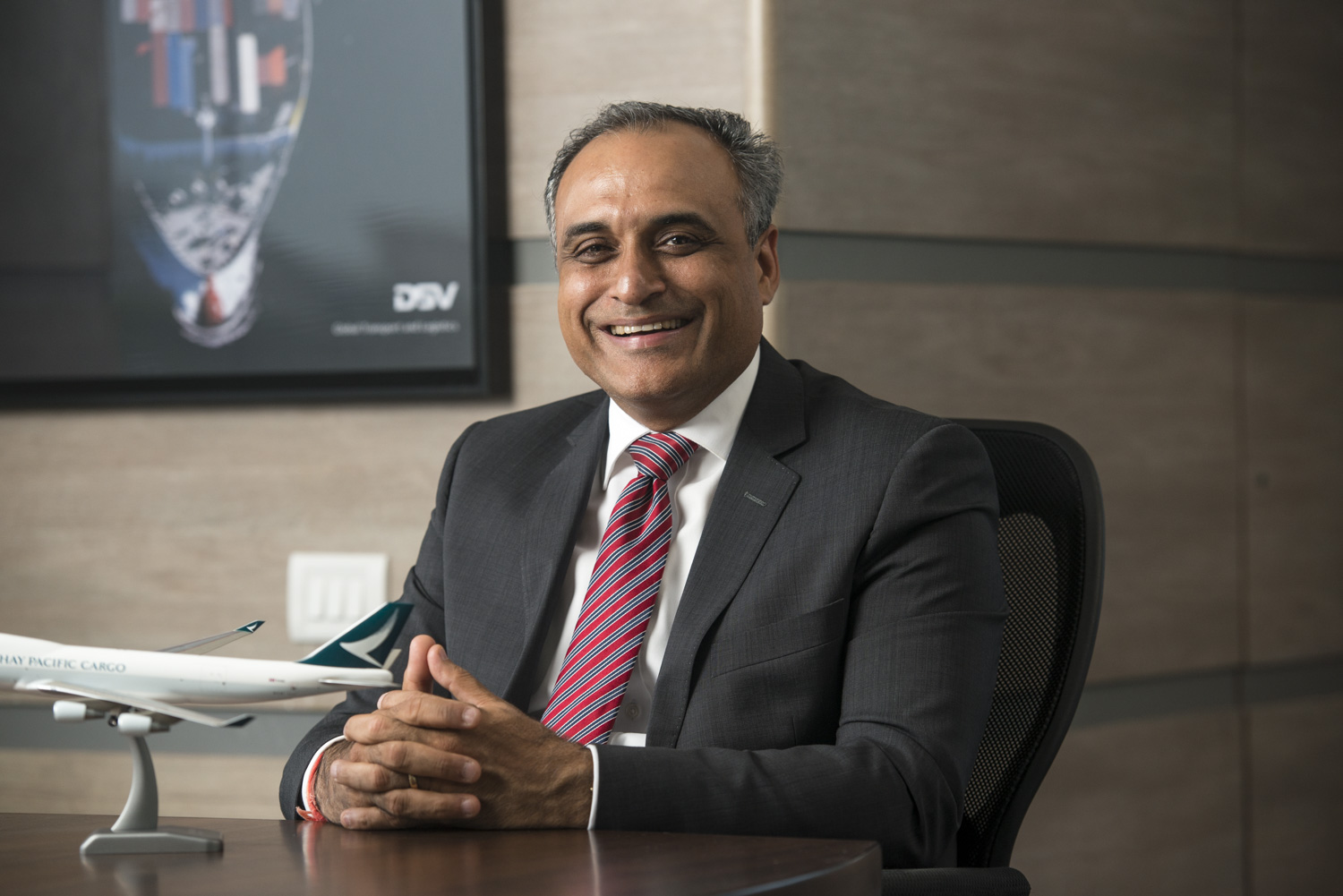
What is next?
Blockchain is certainly a focus, but digitisation is also critical. Today’s customer is expressing the need for a single-window solution. It’s something we have been talking about for a long time but have not been able to achieve as an industry. We need to curtail the different segments that a customer interacts with and make it more comprehensible for them. This will make them see the value of working with an organisation such as ours.
We expect IATA to bring in more regulatory advantages for the industry and to build a framework through which we can all operate smoothly. But a lot also depends on local countries, their trade associations, and government bodies. Because while a supply chain may be global, a lot of the execution happens locally and within the local regulatory frameworks.
Another thing that is happening already, and will continue to happen, is consolidation, both on the supply chain side and the service provider side.
Why Cathay Pacific?
Cathay Pacific is one of the most reliable partners that we have. We have been growing with Cathay Pacific, and our growth is due to the huge amount of support that we get for fulfilling the needs of our customers. Both Cathay Pacific and DSV have a common customer, and we play our parts to ensure that we achieve their objectives.
Cathay Pacific is a reliable partner, and we work in unison to create confidence with the customer. They feel that their goods or their products are in safe hands, and that’s very important. We are also able to work together to create new avenues, and forge solutions that make the whole supply chain process more robust.
Outside of work, how do you fill your time?
Family time is very important to me. My wife and my two boys, who are nearly grown up, really are the centrepiece of my life. I have been fortunate that almost all my missions are fulfilled, so I would like to dedicate the next 20 years to my kids’ ambitions. Other than that, I play golf whenever I’m in town and it’s a weekend. I like to work out and go for walks to stay fit. I also like to read, not so much fiction anymore but biographies and political books.




